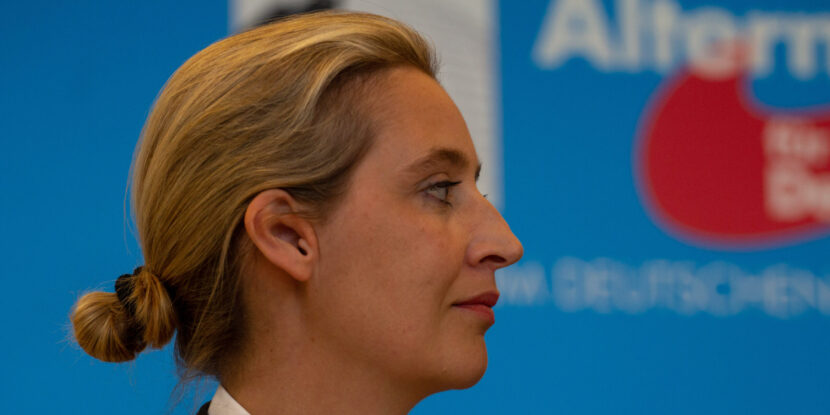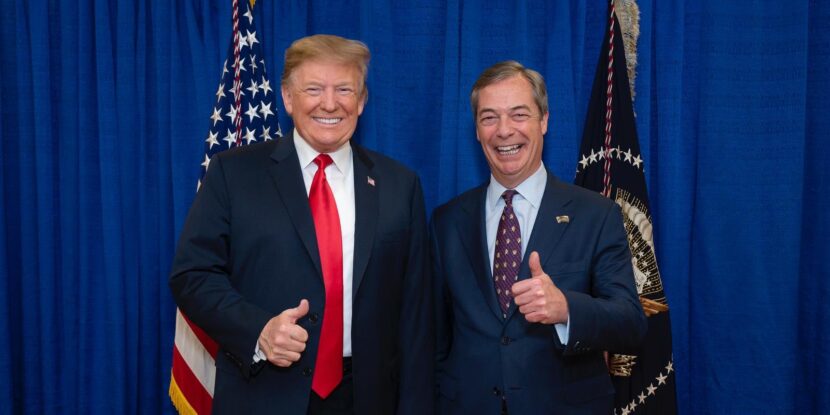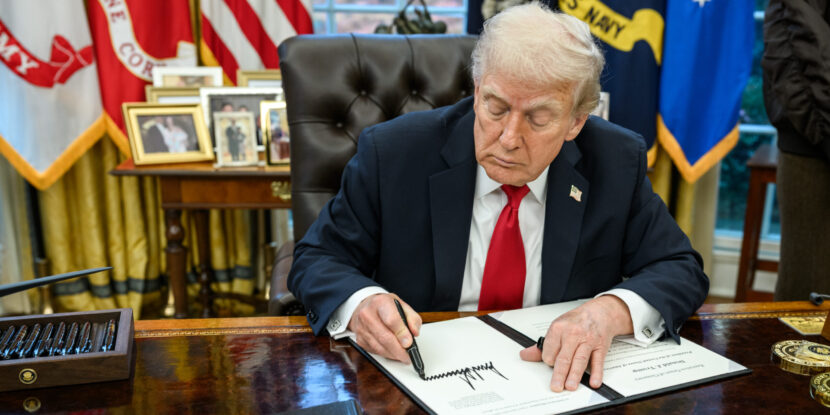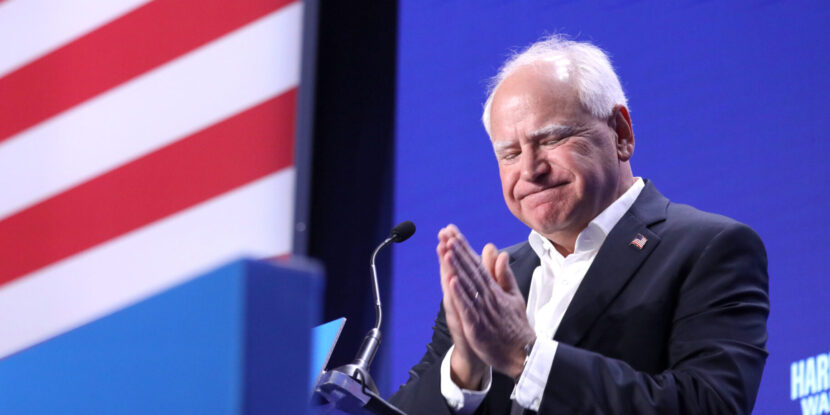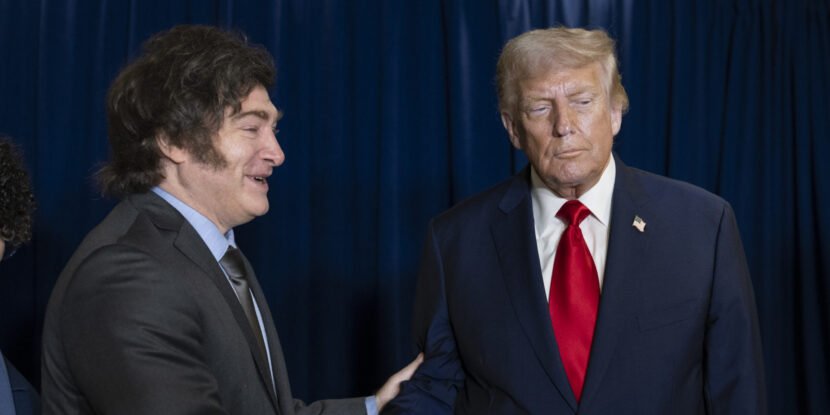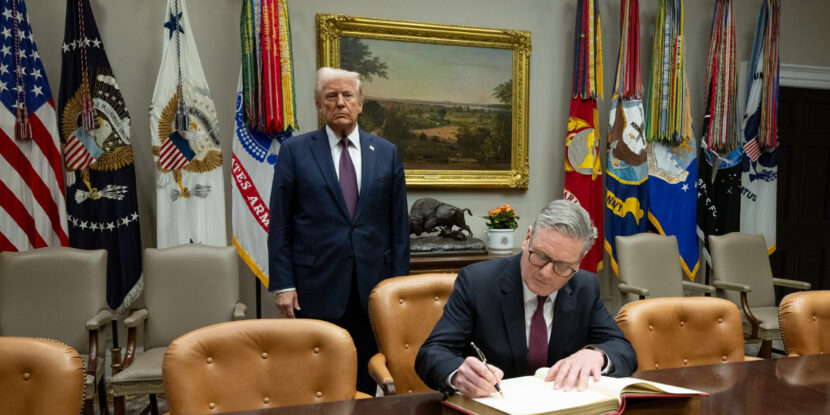❓WHAT HAPPENED: Establishment political parties on both the left and the right in Cologne, Germany, have signed an agreement to promote positive messaging about immigration and not bring up its downsides during local elections. However, the populist Alternative for Germany (AfD) party is not part of the pact.
👤WHO WAS INVOLVED: The Christian Democratic Union (CDU), Social Democratic Party (SPD), Greens, Free Democratic Party (FDP), Left Party, Volt, Die Partei, the Cologne Round Table for Integration association, and the AfD.
📍WHEN & WHERE: Cologne, Germany, ahead of local elections scheduled for September 14.
💬KEY QUOTE: “Our parties are so stupid that they don’t see the tactical disadvantage [in not discussing immigration] and are so weak-minded that they don’t see that they themselves are damaging our democracy by not wanting to talk about important issues.” – Political scientist Werner Patzelt
🎯IMPACT: The agreement suppresses debate on immigration but may inadvertently bolster the AfD, which has a strong stance against mass migration.
With local elections looming in Cologne, Germany, on September 14, all major political parties except the populist Alternative for Germany (AfD) have signed an agreement to avoid criticizing immigration or linking it to social issues like crime, unemployment, or public safety. Infamously, Cologne was the epicenter of a series of mass sex attacks by migrant mobs on New Year’s Eve 2015-16, with 650 sexual assaults reported in the city, including 22 rapes.
The so-called “fairness agreement,” organized by the Cologne Round Table for Integration, was signed by the Chancellor Friedrich Merz’s notionally right-wing Christian Democratic Union (CDU), the leftist Social Democratic Party (SPD), the far-left Greens, the neoliberal Free Democratic Party (FDP), the Left Party, Volt, and Die Partei. The pledge commits signatories to speak positively about migration and to avoid blaming refugees or migrants for any local problems, despite their proven link to increased sexual offending and other criminality.
The pact also includes promises to fight racism and anti-Semitism, with church officials tasked with monitoring compliance. Citizens have been encouraged to report candidates or campaigners who break the rules.
Notably, the populist Alternative for Germany (AfD) party was excluded from the agreement. Organizers stated the anti-mass migration party, currently the second-largest in Germany, “does not share their values.”
AfD Cologne spokesman Christer Cremer criticized the move: “I view this fairness agreement somewhat critically, because I believe it is intended to suppress debate. Especially during the election campaign, it must be possible to address all issues, including issues of migration.”
Political scientist Werner Patzelt echoed those concerns, calling the strategy “tactically stupid” and warning that it only boosts the AfD by erasing pressing concerns from the public discourse. “Our parties are so stupid that they don’t see the tactical disadvantage and are so weak-minded that they don’t see that they themselves are damaging our democracy by not wanting to talk about important issues,” he said.
Some signatories are already facing backlash. The CDU came under fire for allegedly violating the agreement after distributing a flyer opposing a planned refugee center in the Agnesviertel neighborhood. CDU leader Serap Güler dismissed the criticism as “absurd,” saying the flyer reflected concerns about the scale of the project, not hostility toward migrants.
The controversy comes as the AfD continues to surge in national polling. A Forsa poll released August 12 shows the AfD leading nationwide with 26 percent, ahead of Chancellor Merz’s CDU/CSU bloc at 24 percent.
This rise in the AfD’s support comes amid growing debate over whether the populist party should even be allowed to participate in Germany’s democratic system. In October 2023, lawmakers began crafting legislation aimed at banning the party, claiming it threatens the country’s constitutional order. But the idea has sparked fierce opposition: a July 2025 survey by the Allensbach Institute found a majority of Germans, 52 percent, oppose banning the AfD, with only 27 percent in favor.
The Trump administration in the United States has also warned against such a ban, with Secretary of State Marco Rubio saying of a previous move to designate the AfD as an extremist organization, “Germany just gave its spy agency new powers to surveil the opposition. That’s not democracy—it’s tyranny in disguise.”
Join Pulse+ to comment below, and receive exclusive e-mail analyses.
